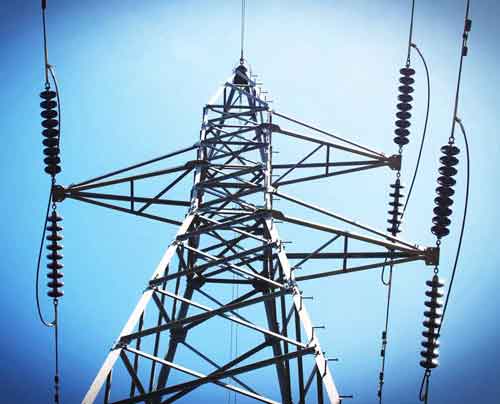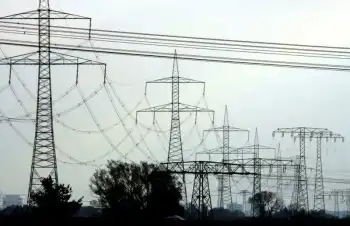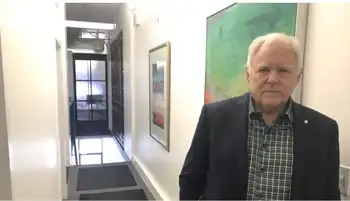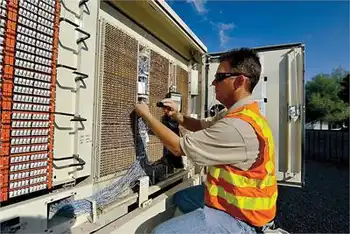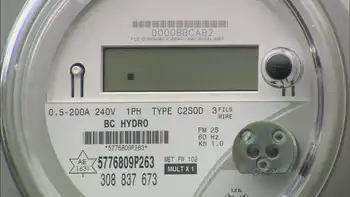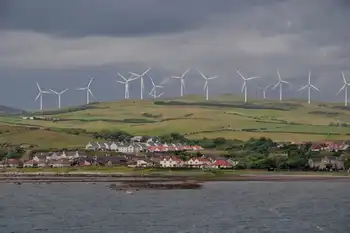Large-scale CO2 storage study launched
By Electricity Forum
Substation Relay Protection Training
Our customized live online or in‑person group training can be delivered to your staff at your location.

- Live Online
- 12 hours Instructor-led
- Group Training Available
“Carbon capture and storage is currently among the best options we have for achieving large cuts in emissions within reasonable costs and timeframes,” says Dr. David Keith, the study’s principle investigator and one of the world’s leading experts on carbon capture and storage (CCS).
The Wabamun Area CO2 Sequestration Project will assess the geological and technical requirements, economic feasibility and technical and regulatory issues related to the potential to safely store up to 1,000 megatonnes of CO2. (A megatonne is one million tones). The 16-month assessment is being coordinated by the U of CÂ’s Institute for Sustainable Energy, Environment and Economy (ISEEE).
“Alberta is positioned to be a world leader in using carbon capture and storage technology to realize substantial reductions in greenhouse gas emissions and minimize environmental impacts,” says Doug Horner, Minister of Advanced Education and Technology. “We are happy to be partners in this initiative, which reflects a key priority in our Climate Change strategy. Alberta is committed to showing leadership in combining responsible energy development with the latest in technology.”
“There are proposals to store tens of megatonnes of carbon dioxide per year by 2020, which could mean cumulative storage of more than 1,000 megatonnes by 2050,” says Keith, director of ISEEE’s Energy and Environmental Systems Group. “We need to look deeply at specific sites to understand if they can securely store CO2 at this scale.”
The $850,000-study is scheduled to be complete by mid-2009. Government funding is provided through the Alberta Energy Research Institute (AERI) and by the federal governmentÂ’s Natural Sciences and Engineering Research Council (NSERC). Funding is also being supplied by energy-sector partners TransAlta, TransCanada Corporation, ARC Energy Trust and Penn West Energy Trust. Additional industry partners are being considered for the project.
“We need to move the understanding of CO2 storage beyond generalizations,” says Hal Kvisle, president and CEO of TransCanada. “The Wabamun project is a great opportunity for academia, industry and government to work together on a focused area assessment to support a large scale CCS project in Alberta.”
The Wabamun area west of Edmonton was chosen because of its promising geologic characteristics as well as its proximity to four coal-fired power plants that each emit three to six megatonnes of greenhouse gas per year. This project, however, involves only the assessment of geological CO2 sequestration suitability, not actual CO2 capture.
“Industry is working hard to develop carbon capture technologies which will require acceptable storage sites in the near future. Capturing CO2 at this scale needs some level of public scrutiny to be assured that proper, informed decisions are made by all stakeholders,” says Rob Lavoie, a Calgary-based reservoir engineering consultant who will be the project manager. “We are committed to making this a very open project because CCS is going to become an increasingly important issue in Alberta society.”
The Wabamun Area CO2 Sequestration Project is the first study undertaken by the newly created CCS research initiative, enabled with $5-million in new federal government funding announced March 5, 2008.





